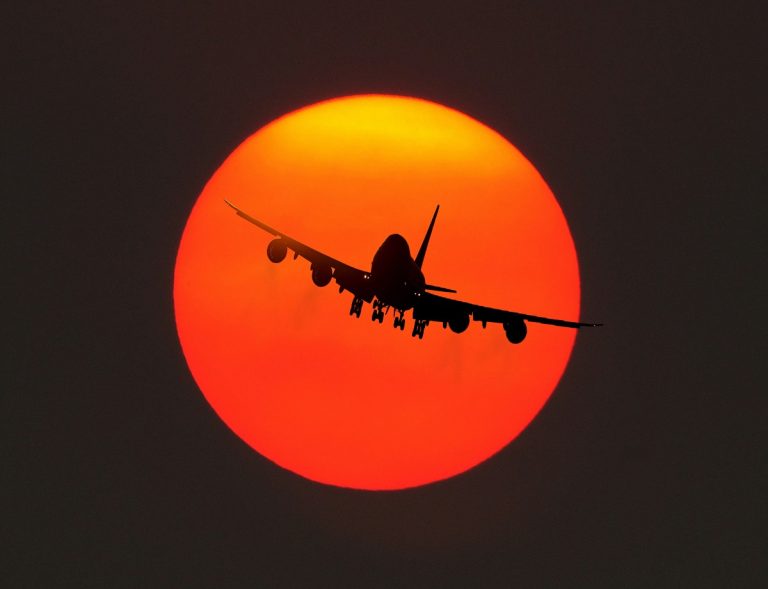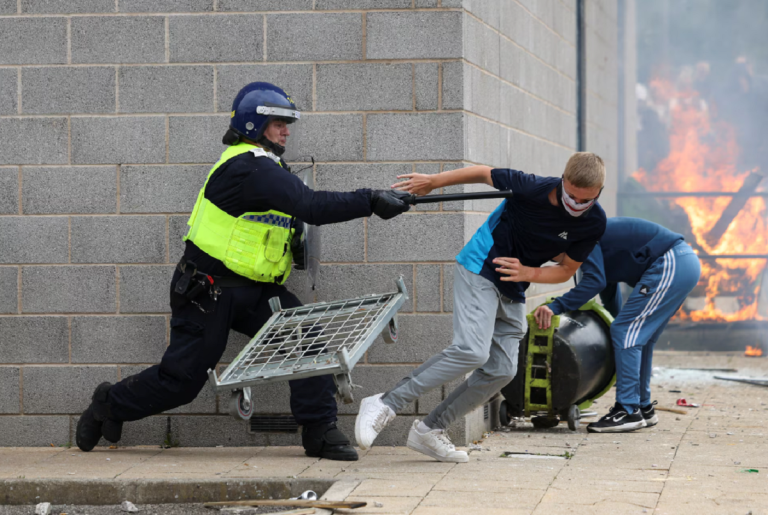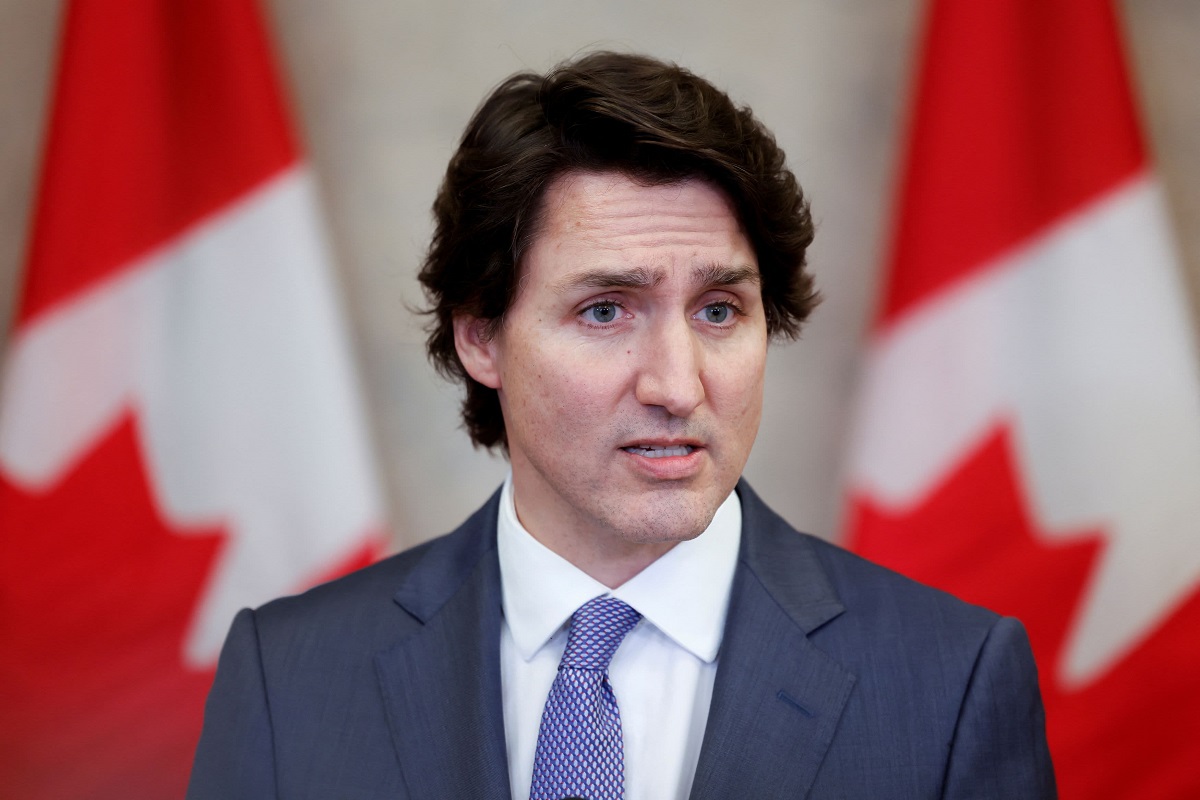
Trudeau between domestic disasters, economic problems and a “new Cold War”
Canada is experiencing many difficulties due to wildfires, inflation and unemployment. However, instead of solving domestic problems, Prime Minister Justin Trudeau is focusing on foreign policy. This hits the welfare of citizens and the politician’s rating.
“Nature’s Wrath”
For Justin Trudeau, the summer of 2024 saw a repeat of the horrific wildfires that were the result of poor emergency services due to chaotic Liberal government management. Two communities in the province of Alberta – McMurray and Sapra Creek Estate – have been issued evacuation warnings due to out of control wildfires. According to the Canadian Interagency Wildfire Center, a total of 117 fires were raging across the country with among those, 33 categorized as out of control.
Oil production in oil-bearing areas, mainly in the province of Alberta, was threatened. Wildfire conditions were worsening across Western Canada, with large localized fires burning as far east as Ontario.
Ironically, at the same time, the province of Toronto was experiencing abnormal levels of precipitation. On one day, severe storms left 167,000 inhabitants without power, closed roads and the emergency services received more than 700 calls about flooded basements. Toronto Pearson International Airport reported the fifth rainiest day in the airport’s history because 3.8 inches of rain fell. On the same day, emergency responders took about 1,700 calls and went to the scene of nearly 500 incidents.
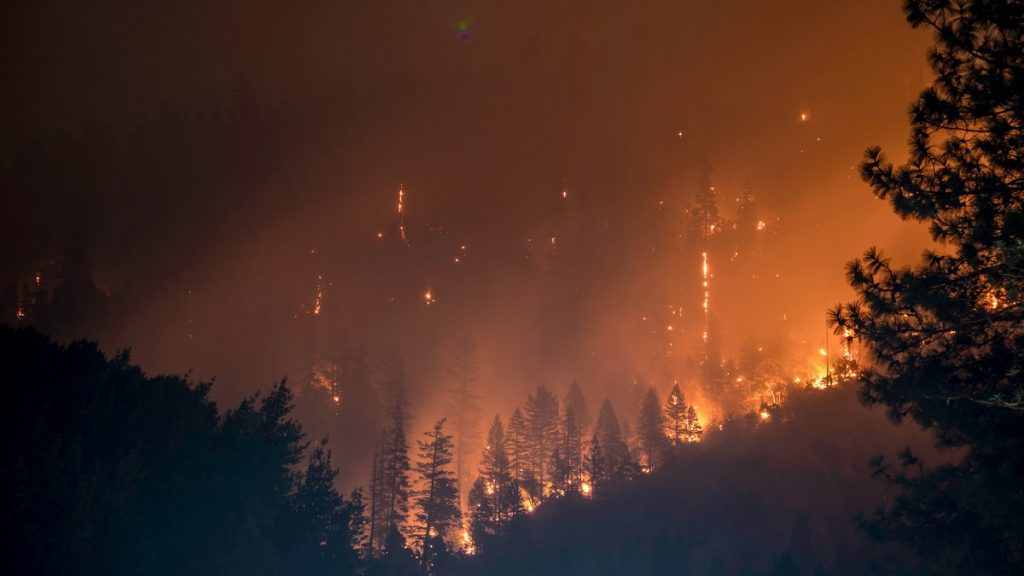
Things were not good in the health and sanitation sector. Two people died of Listeria bacterial infections after consuming plant-based milk substitutes. They are sold under the Silk brands made by Danone and Walmart’s Great Value. As a result, more than a dozen brands of the products were recalled. Health Canada reported that 10 people were hospitalized in Ontario, Quebec and Nova Scotia from August 2023 to the current time due to food poisoning. Almost 60% of people with listeriosis infections were over 60 years old.
But these are more coincidences and signs of nature, and Trudeau’s main problems are in the realm of economics.
Trudeau’s inaction is causing the decline
According to Statistics Canada, the country’s inflation rate has fallen to an average of 2.7%. This is below experts’ expectations and is a positive factor for the country’s Central Bank rate cut. This year, the Canadian economy has shown positive growth, although economists say it is insignificant, and the inflation rate has consistently remained within the bank’s target range of 1% to 3%, although it fluctuates near the upper limit.
Amid the positive trends, experts estimate Canada’s GDP growth to rise not by 0.1% in 2024 and 2025 as previously, but to 1.3% and 2.4%, respectively, compared to previous forecasts. Inflation is expected to be around 2.5% this year and fall to 2% by next year. The Central Bank of Canada promises to cut its main interest rate by 25 basis points to 4.50%. And by the end of the year it is planned to reduce it to 4% due to slowing economic growth, decreasing purchasing power of the population and rising unemployment.

Photo by Ben Nelms/CBC
However, these promises remain unfulfilled. It is obvious to everyone that the economy will remain under the pressure of high interest rates, because lowering them again would unleash the “inflation monster”. And all the problems are most acutely felt by workers and union members. Because of this, Canadian Labor Minister Sean O’Regan has announced that he is stepping down and will not be re-elected to Parliament. House of Commons MP Sam MacKinnon will be the new Minister of Labor. O’Regan’s resignation was due to his inability to deal with regular protests. The largest was the strike of railroad workers of the Canadian Pacific Kansas City, which can have a very negative impact on the economy of the country. O’Regan postponed the strike with tough injunctions, but was unable to completely dissuade the unions from holding it. He was forced out of office amid a wave of criticism from left-wing activists.
But Trudeau has not paid enough attention to domestic issues. His efforts are focused on geopolitics and fulfilling his duty as an ally to the United States.
Washington’s interests are more important than the one from Canada’s inland
Over the summer, South Korean Foreign Minister Cho Tae-yul and Canadian Foreign Minister Mélanie Joly held talks to discuss ways to expand cooperation. As a result, the two sides adopted an action plan to expand partnership in the areas of security, economy, logistics, technology, health and climate. The two countries’ Foreign Ministries and Defense Ministries were scheduled to hold talks, and a roadmap was developed to prepare for the economic security dialog. They also expressed concern over the DPRK’s deepening military and economic cooperation with Russia in light of the signing of a “comprehensive strategic partnership” pact during their summit last month.
Joly reiterated Canada’s support for efforts to denuclearize North Korea. However, such actions are clearly not in Canada’s interest, and are only part of Washington’s efforts to contain not only Russia and the DPRK, but also China, and Beijing doesn’t like it.
In addition, Mélanie Joly made a three-day visit to China, the first visit by a Canadian foreign minister to the country in seven years. At the meeting, Chinese Foreign Minister Wang Yi urged Canada to think seriously about the strained relations between the two countries and called for their improvement. Since there is no fundamental conflict of interest between the nations, Wang Yi described ties with Canada as being at the forefront of China’s relations with Western economies, especially in the Asia-Pacific region, noting the difficulties and challenges of recent years.
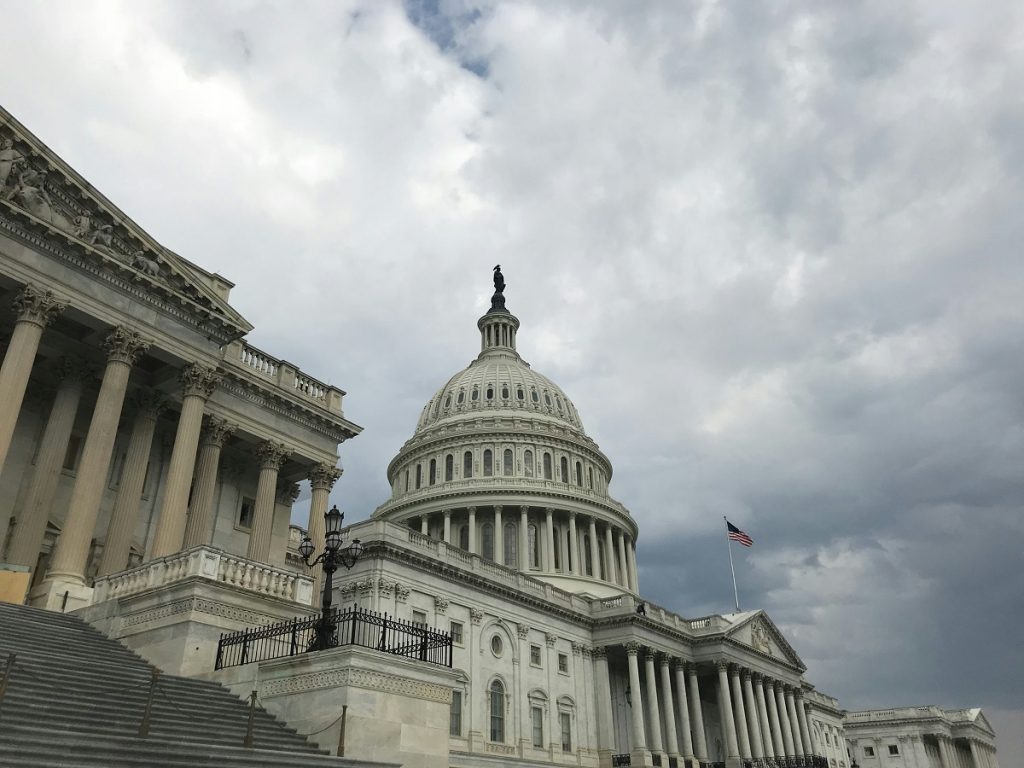
Wang Yi said China and Canada need to treat each other with mutual respect, seek common ground and deepen cooperation on the basis of mutual benefit. He said issues related to Taiwan, Tibet, Xinjiang and Hong Kong belong to China’s domestic politics and that Canada should not interfere in them. Wang Yi and Joly also exchanged views on the war in Ukraine and the Israeli-Palestinian conflict.
But this is only a diplomatic courtesy. Relations between China and Canada have deteriorated in recent years due to Ottawa’s political accusations against Beijing and an economic war that was triggered by U.S. pressure on the Canadian side. And while Trudeau is preoccupied with Cold War 2.0, his ratings remain extremely low.
The prime minister’s Liberal Party support so far dooms him to a guaranteed defeat. His main rival, the Conservative Party, has at least 41%, with 25% for the Liberals and 20% for the ideologically close New Democrats. This means that someone else will soon be solving Canada’s problems and playing geopolitics.
